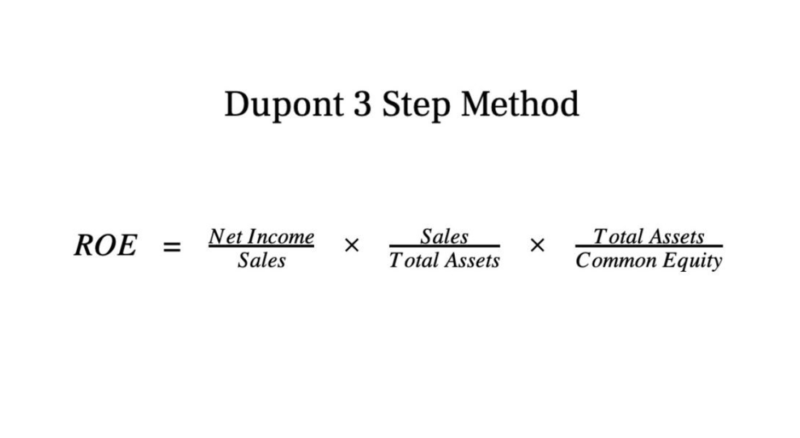
On-site accountants can address and resolve financial issues promptly, minimizing disruptions to your business operations. In-house accountants can develop customized solutions that cater to your unique business needs, taking into account your industry, size, and growth trajectory. Direct access to your accounting team fosters seamless communication and quick resolution of any financial queries or concerns. Differences in business culture and practices between your company and the outsourcing provider can lead to misunderstandings and conflicts, impacting the efficiency of the partnership. But with so many factors to consider, it can be tough to determine In-House Accounting vs Outsourcing which path is best for your unique needs.
Hybrid Approaches: Combining In-House and Outsourced Accounting
- Both options have their advantages and disadvantages, and the choice depends on various factors such as the size of the business, budget constraints, and the complexity of accounting needs.
- To increase accountability and keep multiple layers of checks and balances in order, you need a certain amount of internal control and trust.
- The decision whether to outsource accounting functions or keep them in-house is crucial for businesses of all sizes.
- We’ll provide practical tips to help you decide which approach is right for your business.
- Let our experts help you navigate this decision and provide the support you need to thrive.
While in-house teams offer control, outsourcing provides significant fractional accounting benefits and access to specialized skills. Smaller companies often go with outsourced accounting services for cost and expertise. Outsourcing lets them use professionals without the cost of an in-house team. When weighing outsourced accounting for your business, look into the provider’s expertise and services. Make sure they can handle the accounting tasks you require, like payroll or taxes. It’s also wise to consider their pricing and what their existing clients say about them.

Experience/Training

Outsourced teams offer deep knowledge of business accounting strategies. They bring tools and processes that simplify financial management while ensuring compliance. Outsourcing connects businesses with experienced financial professionals who provide executive-level guidance. With fractional accounting leadership, you gain insights from experts who understand strategy, reporting, and compliance.

Marginal Tax Rates in Canada
Managing accounting internally reduces the risk of data breaches since sensitive financial information remains within the company. Outsourcing can significantly reduce expenses related to salaries, benefits, and overhead. This is particularly true when hiring from regions with lower salary expectations, like Latin America (LatAm), which enables you to cut salary costs by 30–70%. At The Finance Group, we partner with businesses to implement strategies that support financial health and long-term success.
Pros & Cons of Insourcing vs. Outsourcing Accounting
- By leveraging the detailed insights provided in this guide, businesses can effectively navigate the landscape of accounting outsourcing, ensuring maximum benefits while minimizing risks.
- At 8020, I’ve worked alongside organizations to help them implement effective systems tailored to their needs.
- Client advisory services are revolutionizing the accounting profession, enabling CPA firms to evolve…
- They bring tools and processes that simplify financial management while ensuring compliance.
The size of the business, budget constraints, the need for specialised expertise, and long-term strategic goals play pivotal roles in making an informed choice. In-house accounting refers to employing a dedicated team within your organization to handle all financial tasks. This team could include roles such as bookkeepers, staff accountants, and Food Truck Accounting controllers. While an in-house team can offer control and ease of communication, it comes with challenges. Based off of the complexity of your accounting needs, you will need someone with several years of hands-on relevant experience. Ideally, it’s best to go for candidates who require minimal training and can perform their duties well from the get go.
- Businesses can rely on up-to-date financial data to guide strategies and achieve long-term goals.
- Outsourcing – An outsourced accounting services will have a better exposure to the different aspects while working on accounts.
- This can provide access to specialized expertise and often results in cost savings.
- Firms who offer outsourced accounting services already have qualified experts in their staff, including ones who specialize in high-level accounting.
- Success can be measured by evaluating cost savings, accuracy improvements, enhanced compliance, efficiency gains, and the ability to focus on core business functions.
An outsourced team can help integrate your financial systems and automate processes, petty cash providing accurate and timely reports to aid decision-making. It helps save costs, is easier to scale, and lets you focus on your core business. While the ultimate goal is to maintain sound financial health, ensure compliance and build pecuniary sustainability, the strategy you choose matters. So, let’s look at a few differences between outsourced accounting and in-house accounting. Towards the end, these differences can help you achieve more clarity and make an informed decision.

- In-house accountants can create tailored solutions that fit your unique business requirements.
- This symbiotic relationship can be pivotal in navigating the finances of a small enterprise.
- This eliminates the need for you to set up an onboarding and training process.
- This flexibility allows businesses to address specific challenges without hiring full-time staff.
- Even though reputable providers have strong security measures, there’s always a chance of data breaches or unauthorized access.
You simply need to put forward the requirement and your task will be done. In-house – When you are getting the cost analysis through in-house accounting, then it is only a qualified and experienced individual who can give better service. However, as most small and medium- sized businesses cannot afford them they have to compromise on the quality. In conclusion, there is no one-size-fits-all answer to the outsourcing vs. in-house accounting dilemma. Each business must carefully evaluate its unique requirements and weigh the pros and cons to determine the approach that aligns best with its financial objectives and growth trajectory. It includes benefits, IT support, overhead costs, and potential overtime payments.
Businesses should carefully evaluate these factors and choose the option that best aligns with their goals and resources. Additionally, businesses can also consider a hybrid approach that combines elements of both outsourcing and in-house accounting to achieve the best of both worlds. Accounting is not merely a regulatory necessity but a strategic function that can provide valuable insights into the financial health and operational efficiency of a business.
